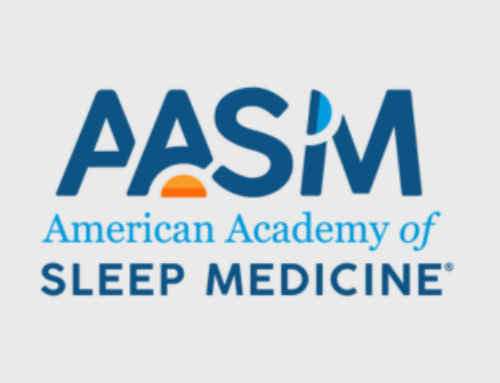DARIEN, IL – A new study found that fatigue associated with shift work influences how officers interact day-to-day during encounters with the public, which can either build or erode trust in the police.
Results show that experienced police patrol officers who worked day shifts were significantly more likely to manage simulated encounters with the public in ways that resulted in full-on cooperation – and significantly less likely to have encounters escalate into violence – when compared with officers working the other three shifts.
“Our results indicate that officers who work biologically normal day shifts perform much better than those on other shifts,” said principal investigator Bryan Vila, PhD, professor of criminal justice and criminology at Washington State University, Spokane. “This suggests that better fatigue management might improve officers’ ability to deftly manage encounters with the public in ways that win cooperation and reduce the need for use of force.”
The research abstract was published recently in an online supplement of the journal Sleep and will be presented Sunday, June 12, in Denver at SLEEP 2016, the 30th Anniversary Meeting of the Associated Professional Sleep Societies LLC (APSS).
The study group consisted of 50 experienced police patrol officers (selected from day and night shifts). Experiments were conducted in a controlled laboratory environment during which participants responded to 12 different tactical social interaction (TSI) scenarios randomly drawn from 26 video scenarios in a deadly force judgment and decision making simulator. These scenarios had multiple branches, so each had the ability to either end peaceably or escalate to violence based on officers’ actions during the encounters. Participants wore a wrist actigraph for seven days immediately preceding each experimental day to measure time awake and total sleep.
The study was supported by the Department of Defense (DOD) Office of Naval Research (ONR).
Abstract Title: Tired Cops: The Impact of Fatigue on Tactical Social Interaction in Policing
Abstract ID: 0194
Presentation Date: Sunday, June 12
Presentation Type: Poster
Presentation Time: 5:00 p.m. to 7:00 p.m.
SLEEP 2016 is a joint venture of the American Academy of Sleep Medicine and the Sleep Research Society. The SLEEP 2016 abstract supplement is available online. For a copy of the abstract or to arrange an interview with the study author or an AASM spokesperson, please contact AASM Senior Communications Coordinator Amy Pyle at 630-737-9700, ext. 9366, or apyle@aasm.org.
About the American Academy of Sleep Medicine
Established in 1975, the American Academy of Sleep Medicine (AASM) improves sleep health and promotes high quality patient centered care through advocacy, education, strategic research, and practice standards. The AASM has a combined membership of 11,000 accredited member sleep centers and individual members, including physicians, scientists and other health care professionals.




